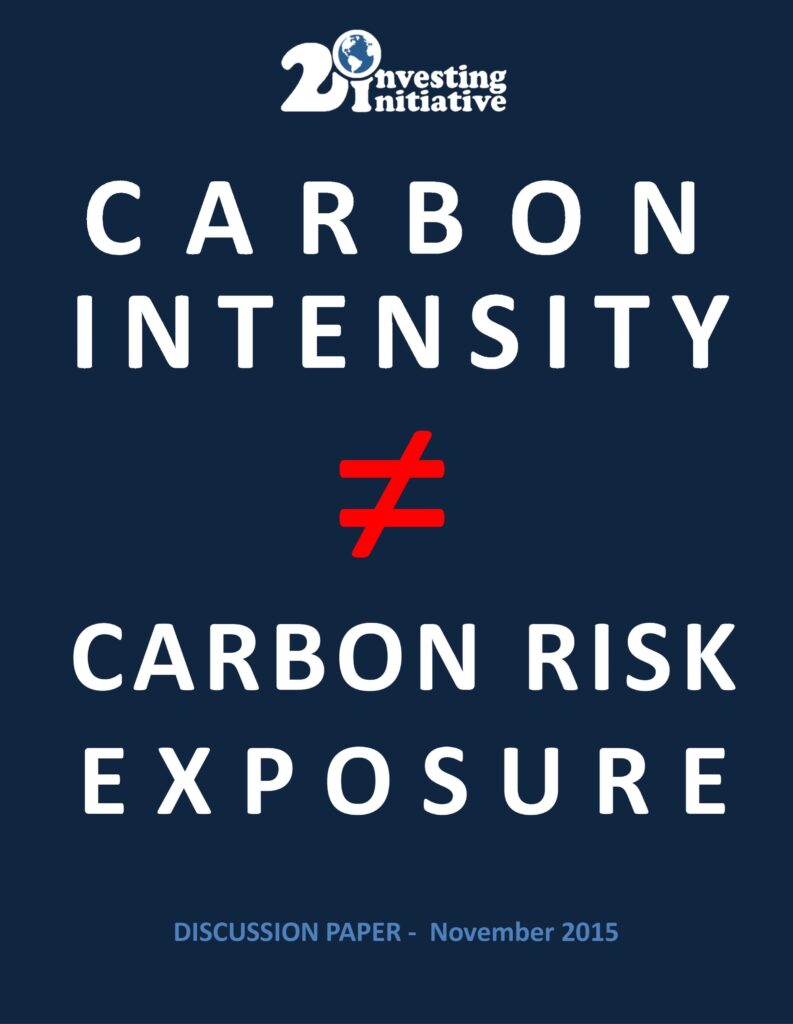With this increasing interest, the number of commercial providers offering solutions for investors to assess their carbon risk exposure has increased in turn, with many relying on available data such as GHG emissions at company level (carbon footprint, carbon intensity of sales, etc.) as a proxy for this risk. However, many factors affect corporate carbon risk and it is thus important to ask whether such metrics are indeed a good and direct proxy for carbon risk. This report reviews how analysts, over a large set of reports published between 2003 and 2015, have assessed carbon risk and opportunity and how strong a relationship exists with corporate GHG emissions.


